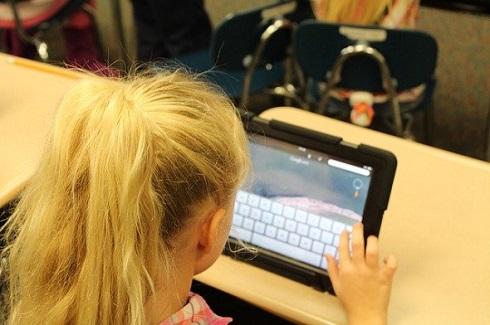
Published on: 11/02/20
On Safer Internet Day 2020 research shows more than half of young people with disabilities find it easier to be themselves online than offline.

Published on: 11/02/20
Research from the UK Safer Internet Centre that took place with young people with disabilities found:
Will Gardner OBE, director of the UK Safer Internet Centre, said: “The internet is primarily a place of positivity for young people. Whether being inspired to be the next campaigner, supporter or friend – it’s a place for them to find their voice, explore their identities, and support each other.”
However, the research also showed that 45% of teenagers with disabilities have been targeted with online hate in the last month because of their gender, sexuality, race, religion, disability or gender identity, compared with a quarter of 13-17-year olds overall.
It revealed that parents and carers are concerned about their children’s online experiences, with 65% of parents worrying that the internet is a place of negativity and 39% thinking the internet has more influence on their child than they do.
Children do, however, want to reach out to their parents, with over half (51%) wanting to talk to them about their online identities.
Will Gardner continued: “We must help young people on this journey by acknowledging the pressures, challenges and limits the internet also brings. We can do this by listening to them and starting conversations about our online lives.”
Another survey released today, EU Kids Online 2020: Survey results from 19 countries, found that the majority of children use their phones daily or almost all the time. This survey also found that when children have a negative experience online, they mostly speak to parents or friends, and only rarely tell teachers or professionals.
A Young Persons’ Charter was presented to approximately 40 MPs and Government officials at Westminster today, with a list of requests from young people about making the internet a more inclusive place, such as establishing better protection online and industry accountability.
Find out more about Safer Internet Day.